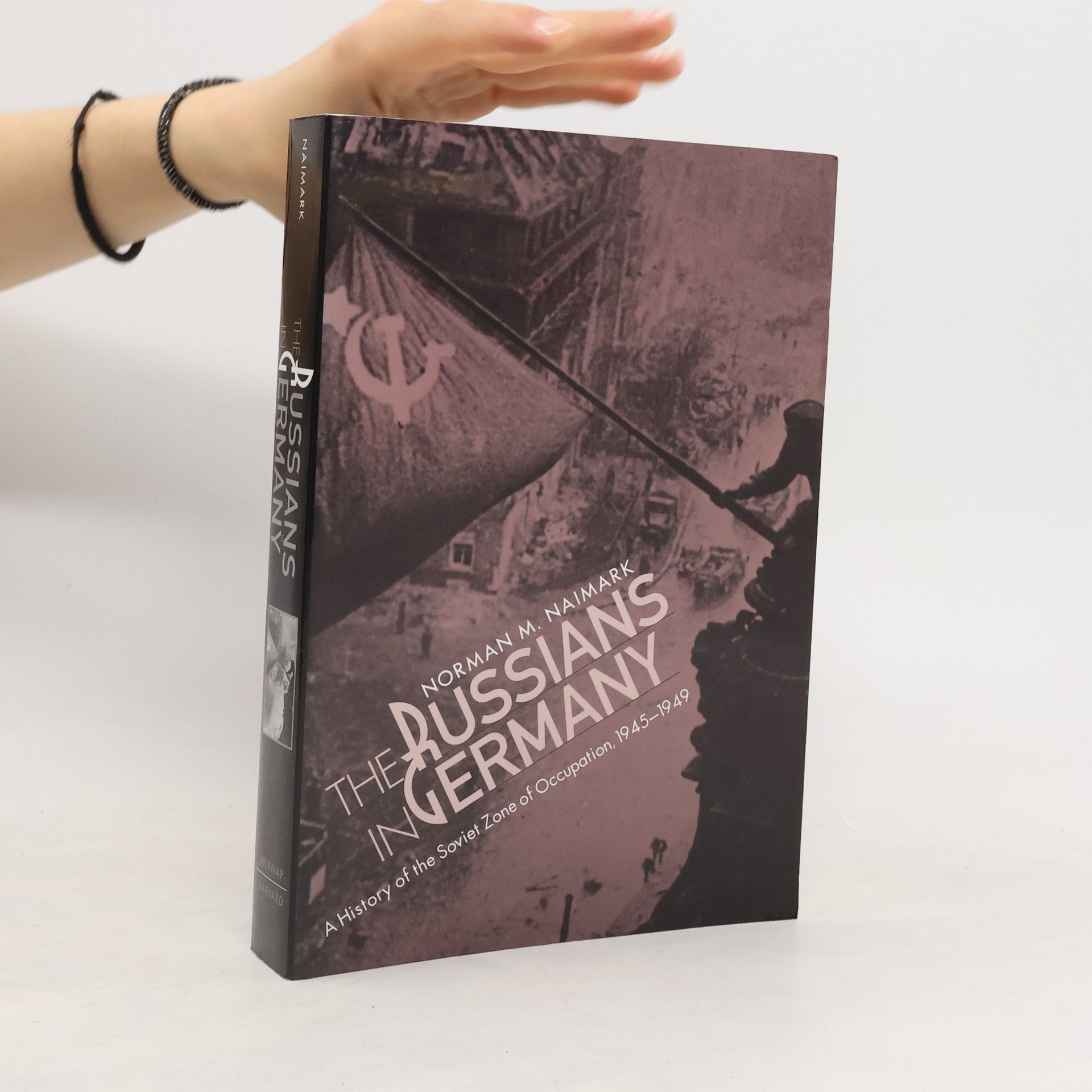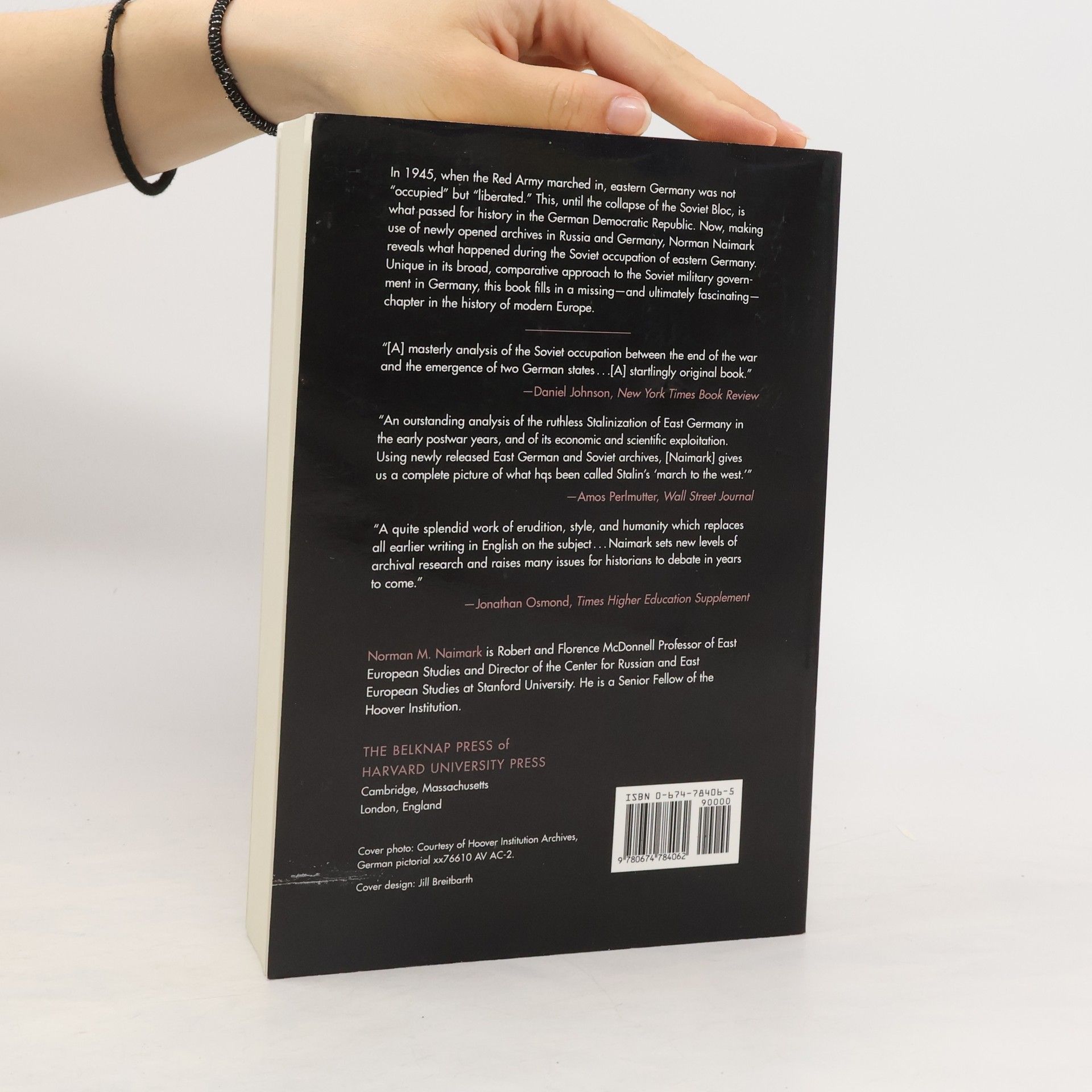Sold out but wanted!
Book rating
3.8
(46)
More about the book
In 1945, when the Red Army marched in, eastern Germany was not “occupied” but “liberated.” This, until the collapse of the Soviet Bloc, is what passed for history in the GDR. Now, making use of newly opened archives in Russia and Germany, Naimark reveals what happened during the Soviet occupation of eastern Germany from 1945–1949.
Book purchase
The Russians in Germany, Norman M. Naimark
- Language
- Released
- 1997
- product-detail.submit-box.info.binding
- (Paperback)
We’ll email you as soon as we track it down.
Payment methods
We’re missing your review here.




